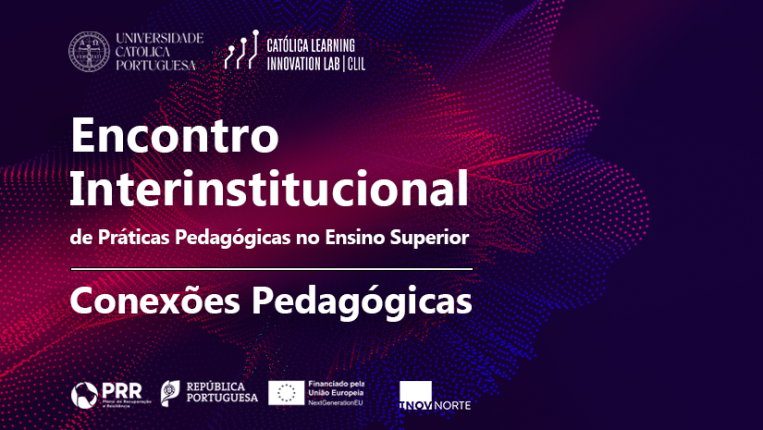The CU Principles of Psychological Assessment and Psychometrics aims to present the subject of Psychological Assessment (PA), its historical roots and main theoretical models, as well as the major methods for assessing the psychometric properties of PA instruments. Ethical and deontological issues related to PA are also addressed in this CU.
Learning outcomes:
A. To learn the concept of PA and its historical development;
B. To differentiate the main theoretical models of PA and the major PA methods and techniques;
C. To recognize and evaluate the psychometric properties of PA instruments;
D. To know the process of PA and the main methods and techniques related to PA in different settings.
E. To reflect about the main ethical and deontological aspects of PA.
At the end of the CU, student should be able to:
- To understand PA’s concept and understand its evolution throughout different theoretical perspectives (Goal A);
- To critically distinguish PA’s theoretical models (Goal B);
- Differentiate methods directed to assess psychometric properties of PA instruments (Goal C);
- Critically think about the selection of a PA instrument, considering its psychometric properties, scope, and population (Goal C);
- Design a PA process considering different methods and techniques (Goal D);
- To be able to critically think about ethical dilemmas encompassing PA processes (Goal E).
Moreover, students should develop transversal skills, relevant for their training in Psychology:
- Critical Thinking applied to a broad scope of situations and ethical dilemmas;
- Teamwork skills (e.g., ethic, negotiation, leadership, time management);
- Communication of ideas and use of relevant arguments;
- Appropriateness of verbal and non-verbal behavior in work situations/contexts.




